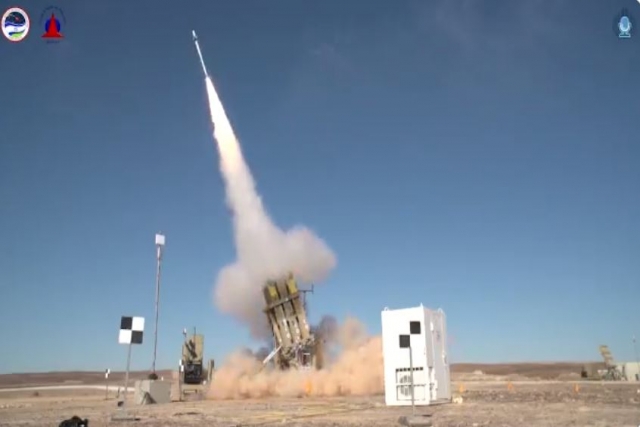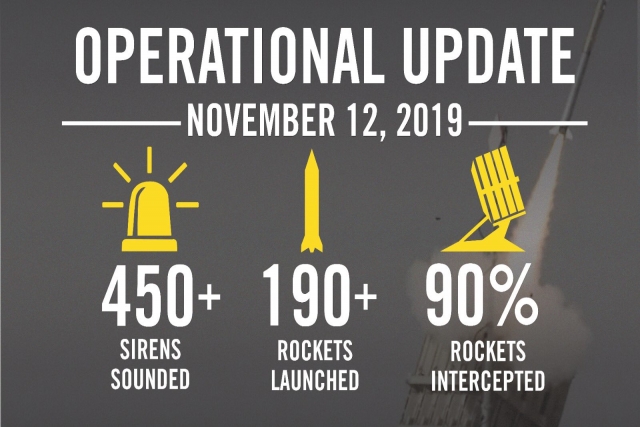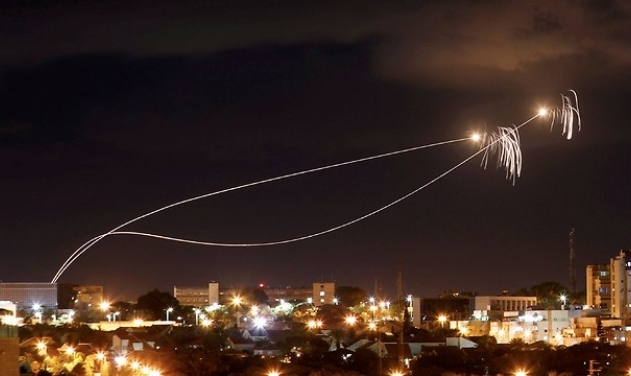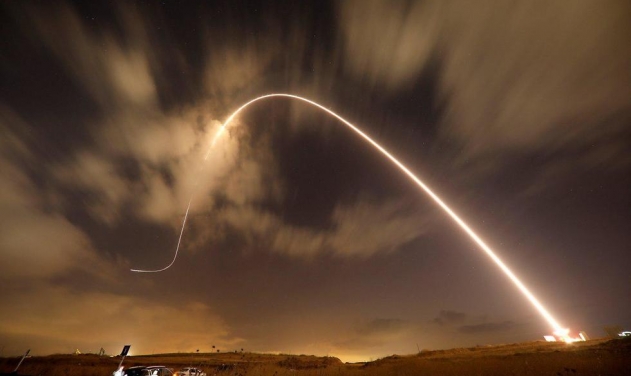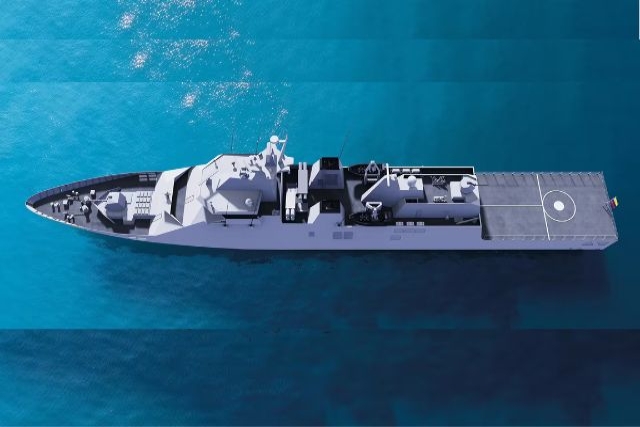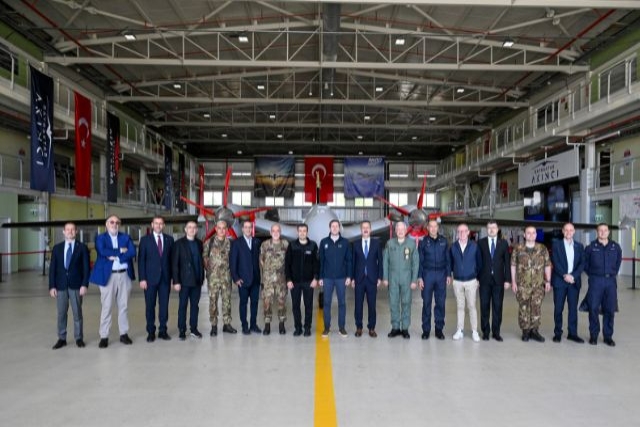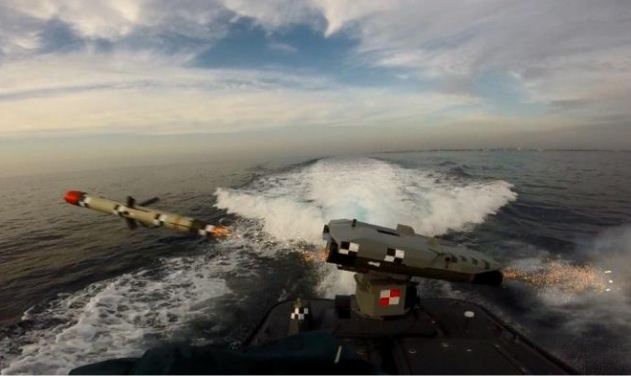US, Israel to Make THAAD, Iron Dome Air Defense Interoperable
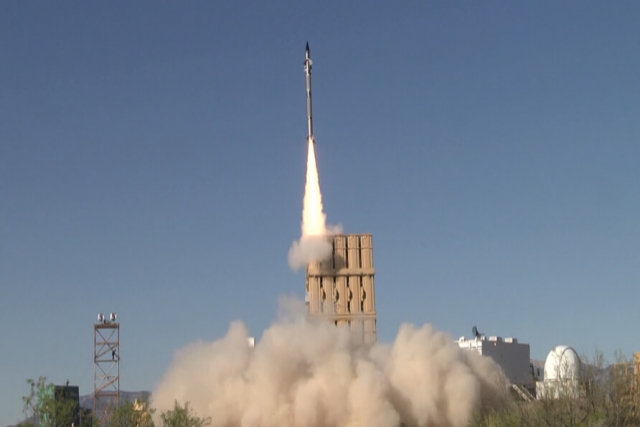
The United States and Israel signed an agreement to make the THAAD missile interoperable with the Israeli Iron Dome, today.
“After a virtual meeting with the USAFE-AFAFRICA, the Israeli Air Force & the U.S.A.F. signed a document defining the interoperability between the American THAAD missile & the Israeli Iron Dome in case of an emergency in Israel. The U.S.-Israel partnership is stronger than ever,” Israel Defense Forces (IDF) tweeted July 31.
Last year, the U.S. Army purchased two batteries from Rafael Advanced Defense Systems, which included 12 launchers, two sensors, two battlement management centers and 240 interceptors.
The service in March said it was reconsidering Iron Dome-buy because they cannot be integrated into America’s Integrated Battle Command System (IBCS). Israel has reportedly denied to share the Iron Dome “source code,” necessary for U.S. systems to work with it.
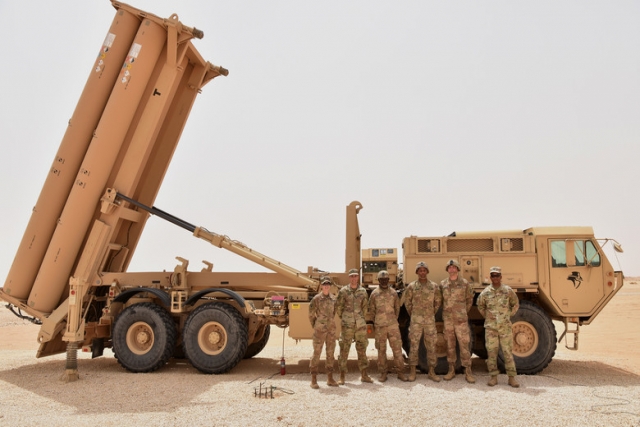
"We believe we cannot integrate them into our air-defense system based upon some interoperability challenges, some cyber [security] challenges and some other challenges. So what we ended up having is two stand-alone batteries that will be very capable, but they cannot be integrated," Gen. Mike Murray, commander of Army Futures Command, told the House Armed Services Tactical Air and Land Forces Subcommittee said, according to reports.
The agreement signed today could pave way for the U.S. to go ahead with the deal, since it confirms the interoperability between Terminal High Altitude Area Defense (THAAD) missiles and Iron Dome. The two sides may work out a way to make the Israeli system interoperable with U.S. air defense systems.
Iron Dome
The Iron Dome is developed by Rafael, Israel Aerospace Industries (IAI) and Raytheon, with the latter providing parts for interceptors used in the system. The radar systems are from IAI’s ELTA Systems company. The defense system works by tracking incoming short-range projectiles by radar, then analyses data about the likely impact zone - before assessing whether to provide co-ordinates to a missile firing unit to intercept. It targets incoming rockets and fires an interceptor missile to destroy them in the air. Each battery has a firing-control radar to identify targets. The defense system also has a portable missile launcher and is easily transportable, with just a few hours needed to relocate and set up.
